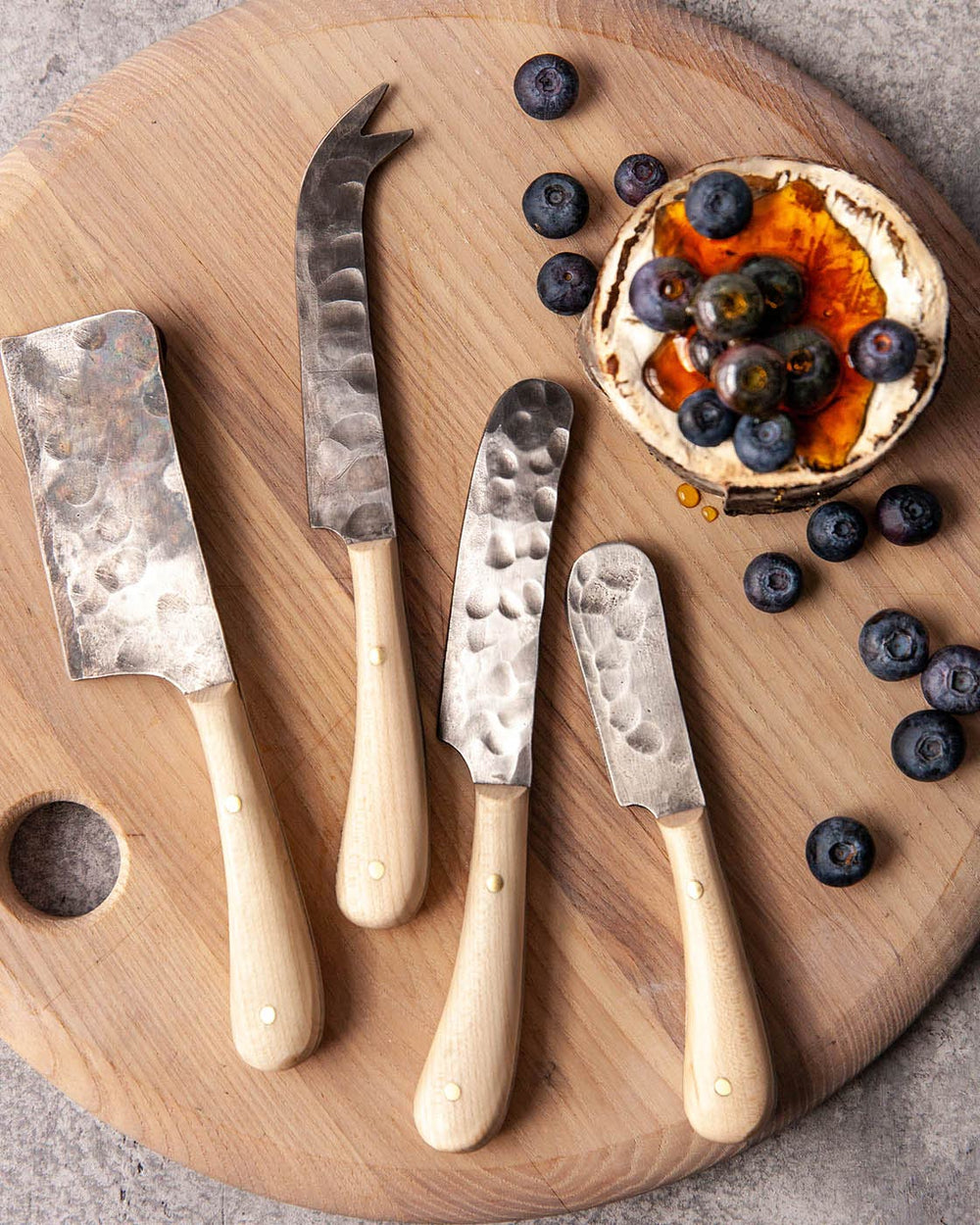The olive knife has gained recognition not only for its specialized purpose but also for its enduring relevance in modern kitchens. In an era where culinary enthusiasts seek precision and craftsmanship, the demand for high-quality kitchen tools continues to rise. The olive knife fits seamlessly into this trend, offering more than just a functional role; it enhances the experience of food preparation. With its sharp blade and curved design, it allows users to execute tasks with an unmatched level of care and efficiency, making it indispensable for anyone who values quality and finesse in their cooking process.

For many chefs and home cooks, the Olive Knives is not just about the utility of preparing olives; it is about the experience of using a well-crafted tool. There’s something inherently satisfying about using a knife that fits comfortably in your hand, feels balanced, and is designed for a specific purpose. Whether you’re removing pits from Kalamata olives for a Greek salad or preparing a garnish for an antipasto platter, the right tool ensures that the job is done with precision. The olive knife makes what could be a mundane task feel more intentional and enjoyable, allowing the cook to focus on the artistry of the meal rather than struggling with an ill-suited knife.
Furthermore, the versatility of the olive knife extends beyond just its primary function. Many cooks find that the small, sharp blade can easily handle tasks like carving delicate garnishes or even cutting small herbs with precision. This makes the olive knife an excellent addition to the set of knives used for intricate food preparation. Because of its design, it excels in tasks where larger knives would be cumbersome, such as segmenting citrus fruits or creating detailed vegetable carvings for decorative purposes. This added versatility ensures that the olive knife has a place in nearly every step of the meal preparation process.
In addition to their practical benefits, olive knives have become collectible items for those who appreciate fine craftsmanship. Some brands and artisans produce limited edition knives, often using premium materials like Damascus steel or high-quality wood handles, turning them into heirlooms that can be passed down through generations. These knives often feature exquisite detailing and intricate patterns, adding an aesthetic component to their already impressive functionality. Collectors and cooking enthusiasts alike value these knives not only for their superior performance but also as works of art that reflect a deep connection to culinary tradition.
As the global culinary community continues to evolve, the humble olive knife stands as a testament to the enduring value of specialized tools. With its perfect balance of tradition, functionality, and craftsmanship, it remains a cherished instrument for anyone who takes cooking seriously. Whether used in professional kitchens or home kitchens, the olive knife will continue to be a symbol of precision, care, and artistry in food preparation, ensuring that every dish created is treated with the attention it deserves.
In essence, the olive knife serves as a perfect example of how small, thoughtful tools can elevate the entire cooking process. For those who appreciate the art of cooking and value quality over convenience, this knife is not just a tool—it’s an investment in a better, more refined culinary experience. Whether you’re using it to prepare olives for a dish or to complete more intricate cutting tasks, the olive knife is a key ally in achieving excellence in the kitchen.

Leave a Reply